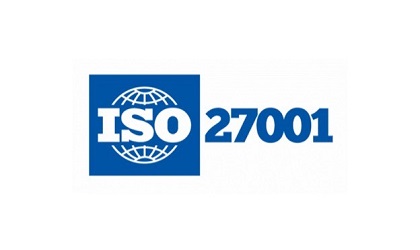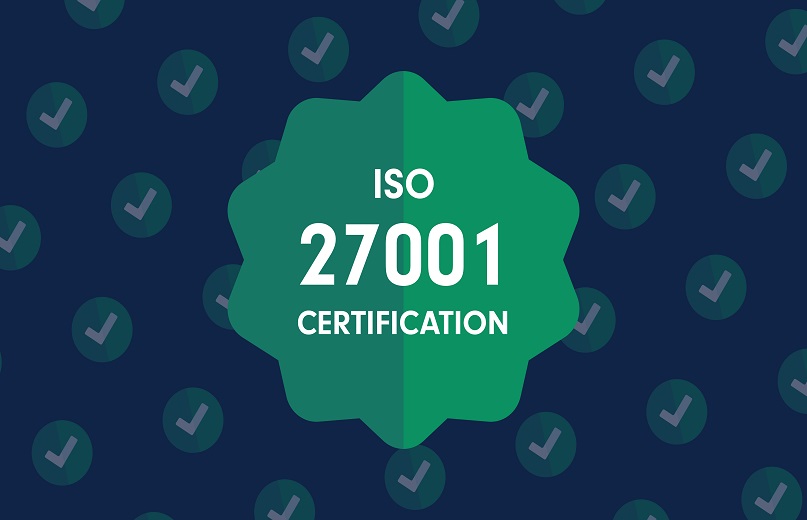In todayâs increasingly digital world, safeguarding sensitive data and protecting against cybersecurity threats are critical concerns for businesses of all sizes. The ISO 27001 certification, an internationally recognized standard for information security management systems (ISMS), provides organizations with a structured framework for managing and protecting data. But why is ISO 27001 certification so important, and how does it benefit businesses? This article explores the key reasons why obtaining this certification is essential for any company aiming to enhance its security posture and ensure long-term success.

What is ISO 27001?
ISO 27001 is a globally recognized standard developed by the International Organization for Standardization (ISO) in collaboration with the International Electrotechnical Commission (IEC). It outlines best practices for establishing, implementing, maintaining, and continuously improving an organizationâs information security management system (ISMS).
This standard provides a comprehensive approach to securing sensitive information, including financial data, intellectual property, employee details, and information entrusted by third parties. The certification process involves a rigorous audit by an accredited third party, which assesses an organizationâs adherence to the ISO 27001 standard.
Why ISO 27001 Certification is Important
1. Enhanced Information Security
The primary goal of ISO 27001 certification is to strengthen an organizationâs information security management. By adopting the standard, businesses can identify and address potential vulnerabilities, implement robust security measures, and monitor security systems to prevent data breaches and cyberattacks. This proactive approach helps safeguard sensitive information and reduce the risk of costly security incidents.
2. Compliance with Legal and Regulatory Requirements
Many industries are subject to strict data protection regulations, such as the General Data Protection Regulation (GDPR), HIPAA, and the Payment Card Industry Data Security Standard (PCI DSS). ISO 27001 certification helps businesses demonstrate compliance with these regulations by implementing industry-standard security practices. Failure to comply with legal and regulatory requirements can result in significant financial penalties and reputational damage, making ISO 27001 certification an essential tool for avoiding such consequences.
3. Improved Risk Management
Risk management is a central component of ISO 27001. The certification process requires organizations to conduct regular risk assessments, identify potential threats, and develop strategies to mitigate risks. This ensures that companies are well-prepared to handle security challenges, whether from internal threats (e.g., employee negligence) or external factors (e.g., hacking, malware). ISO 27001 certification ensures that businesses have a systematic approach to identifying, assessing, and mitigating security risks.
4. Boosting Customer Confidence and Trust
With the increasing number of data breaches making headlines, customers are more concerned than ever about how companies handle their data. ISO 27001 certification provides customers with assurance that an organization has implemented best-in-class security practices. This certification demonstrates a commitment to protecting customer data and meeting the highest standards of information security, which can enhance trust and credibility.
5. Competitive Advantage
ISO 27001 certification sets a business apart from its competitors. In a competitive marketplace, companies that can demonstrate their commitment to robust information security are more likely to win new clients and retain existing ones. Many clients, particularly those in sectors such as finance, healthcare, and government, may require suppliers and partners to have ISO 27001 certification as part of their vendor selection process.
6. Continual Improvement
ISO 27001 is not just a one-time achievement. It encourages businesses to continually review, update, and improve their information security management systems. Regular audits and monitoring help organizations stay ahead of emerging threats and ensure their security practices remain up to date. This culture of continual improvement strengthens the organizationâs resilience against new security challenges.
7. Reduced Costs from Security Incidents
Implementing ISO 27001 can significantly reduce the costs associated with security breaches, data loss, and downtime. By identifying vulnerabilities and addressing them before they can be exploited, businesses can avoid the financial, legal, and reputational damage that comes from a major security incident. The cost of obtaining ISO 27001 certification is often far less than the potential costs of recovering from a serious breach.
8. Alignment with Global Standards
ISO 27001 is a globally recognized standard, making it especially valuable for businesses operating in multiple countries or regions. Certification provides consistency across international operations, ensuring that the same level of information security is maintained throughout the organization, regardless of geographic location. This global recognition also helps businesses expand into new markets where security certification is a prerequisite.
Conclusion
ISO 27001 certification is an important step for any business that values information security, risk management, and compliance with regulatory standards. By achieving this certification, organizations demonstrate their commitment to safeguarding sensitive data, which can lead to enhanced trust, competitive advantage, and long-term success. In an era where cyber threats are constantly evolving, ISO 27001 certification is not just importantâitâs essential for protecting your business and its assets.



